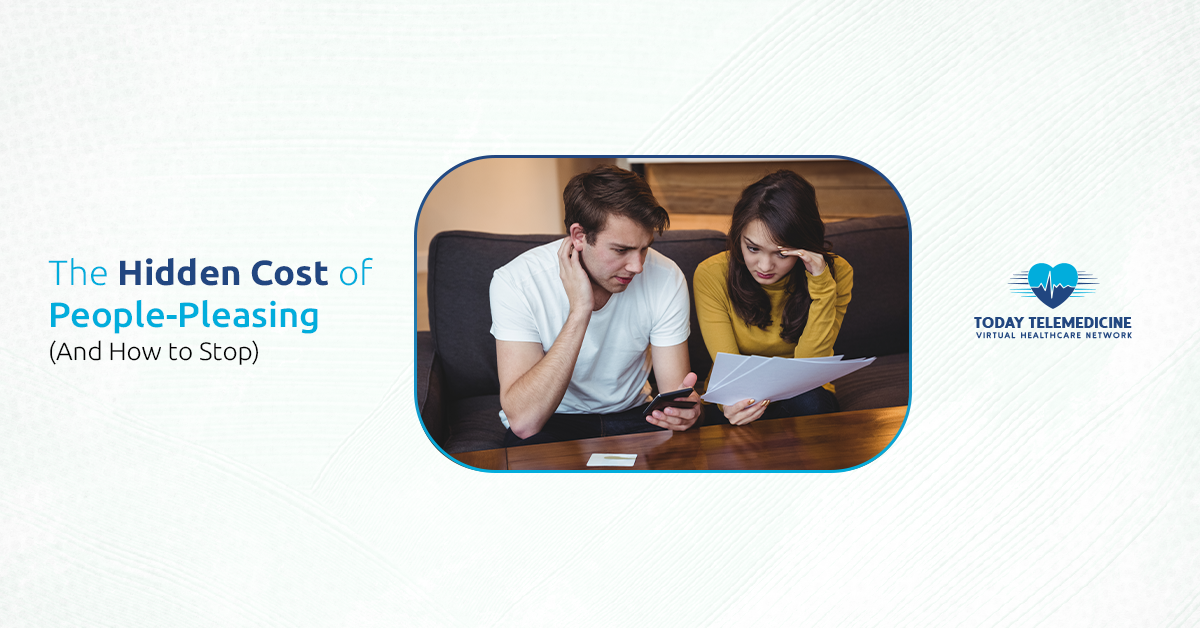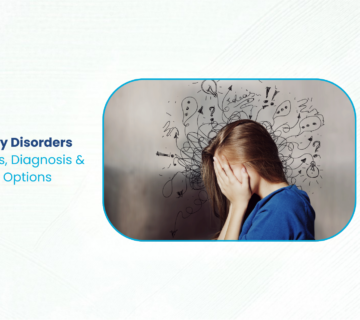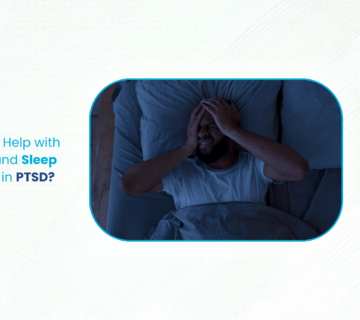You know that feeling when you say yes to something you really don’t want to do?
When you keep quiet instead of speaking up?
When you’re exhausted from trying to keep everyone happy while your own needs get pushed to the side?
Yeah, that’s people-pleasing. And if you’re reading this, chances are you know it all too well.
What It Really Looks Like
People-pleasing isn’t just about being nice. There’s more to it.
It’s when putting everybody else first becomes automatic, even if it hurts you.
Maybe you do some of these:
- Say yes to extra work when you’re already doing too much
- Apologize for things that aren’t even your fault
- Avoid bringing up problems because you’re fine with no conflict
- Feel the weight of everybody’s mood on your shoulders
- Can’t make a choice because you wouldn’t want to let somebody down
- Guilty about when you do something just for you
These might seem small, but they add up.
The Price You Don’t See Coming
Here’s what nobody talks about: people pleasing comes with a cost and you’re the one who’s paying it.
When you give to others before giving to yourself, your body remains stressed.
It’s like running from danger or just nodding to one more thing you’d prefer not to do.
In time, this can start interrupting your sleep, your mood, and your health.
You feel tired all the time despite getting enough sleep.
And the emotional labor is hard too, when you’re always focused on everyone else’s needs, you lose track of what you even want.
You may feel empty or wonder who you really are when you’re not trying to make someone else happy.
This pattern often goes hand in hand with struggling with confidence. When you constantly doubt your own needs and judgment, it’s hard to feel sure of yourself.
Why We Do This
Most people think people-pleasing happens because you’re too nice. But that’s not really it.
Usually, it’s something you learned because it worked. Maybe, to keep people happy, so you felt safe or loved. Maybe when you were growing up, conflict felt scary.
Or maybe being helpful was how you knew you mattered.
It made sense then. But it might not be helping you now.
Small Changes That Help
You don’t have to change everything at once.
- Be present whenever you’re doing something. Notice when you say yes automatically or when you want to say something but choose not to. You don’t have to change it yet, just notice.
- Buy yourself some time. When someone asks for something, you should try saying “Let me get back to you on that.” It buys you time to think about what you really want to do.
- Pick one thing to say no to this week. Maybe it’s not checking work stuff after dinner, or skipping one event that doesn’t sound fun to you.
- Share what you want sometimes. Ask once in a while, little things, where to go for lunch, what show to watch. See what happens when you have an opinion.
What Healthy Looks Like
Setting boundaries does not mean being harsh or closing the door on people. It simply means being honest about what is acceptable for you and what’s not.
You’ll start finding this to be true pretty quickly! Most people end up having more respect for you when you level with them about your limits.
The ones who get mad? That tells you something about them, not you.
You will most likely have more energy for things that matter to you. Instead of feeling drained from managing everyone else’s feelings, you can be present in your relationships.
Getting Past the Guilt
You may worry that people won’t like you as much, or you’ll feel selfish. That’s okay. You peace shouldn’t suffer.
You have to look after yourself first. It’s not possible to help another person when you yourself are totally drained.
When you take care of your needs, you’re actually more available to show up for others in real ways.
It’s about finding that balance: being kind to others without abandoning yourself.
Getting Support When You Need It
Some of these feelings have very deep roots. It’s good to speak with someone who knows how to help.
Therapy can help you do the inner work to understand these relationship patterns. Through therapy, you can learn to form more healthier ways of connecting with people.
Most times, therapy can be pretty useful in understanding where people-pleasing comes from in the first place and what will work better for you specifically.
At Today Telemedicine, we can walk you through these patterns and develop healthier relationship ways, all through secure video sessions from wherever is comfortable for you.
FAQs
Is this the same as being codependent?
They do cross over, but the people pleasing is more about keeping away from conflict and wanting everyone to be happy.
Codependency is more about being responsible for other people’s feelings.
What would help me know that I am too mean when I draw boundaries?
If you were truly harsh while drawing boundaries, you probably wouldn’t worry about this question in the first place. Most people actually do respect honesty more than you give it credit for.
What if people get mad when I stop saying yes to everything?
Some may throw a fit at first, especially if they’re used to your always giving in. Usually, this settles down as everyone adjusts.
Is being helpful ever okay?
Of course. Being thoughtful is nice. The problem is when it becomes automatic and costs you your own good.





